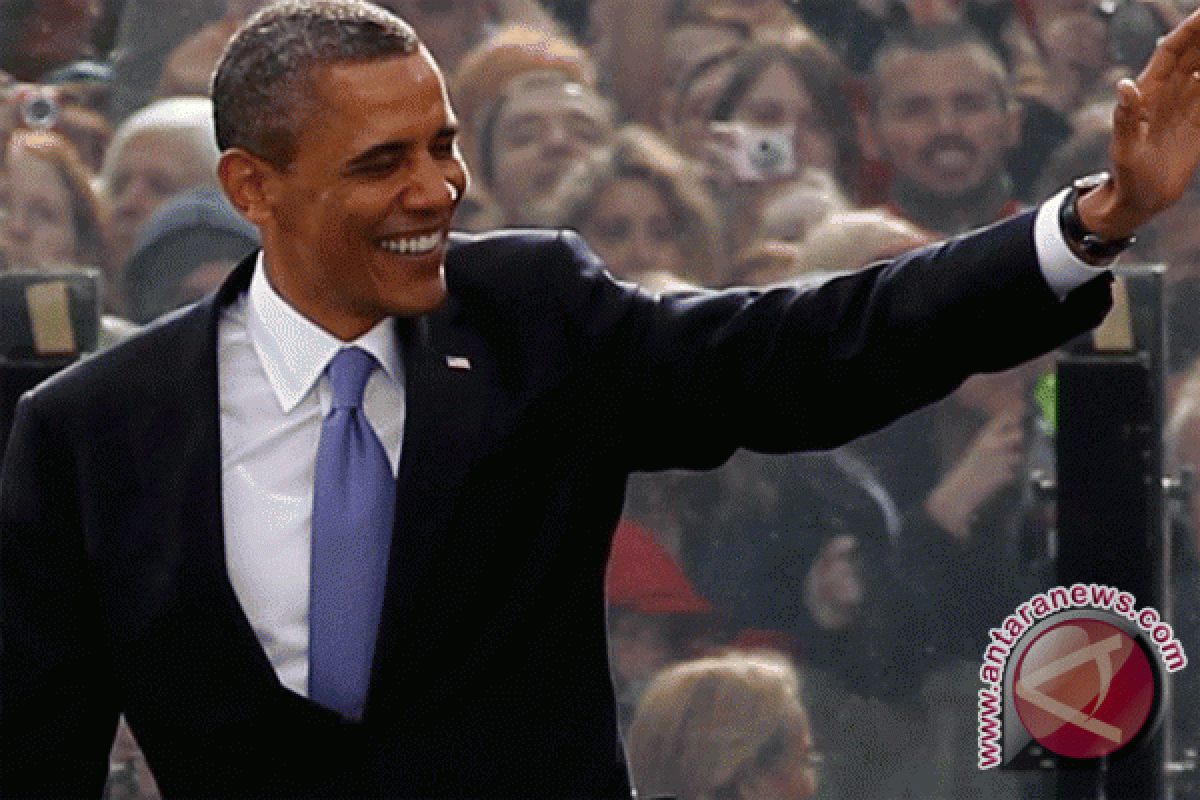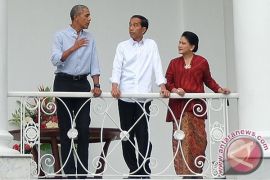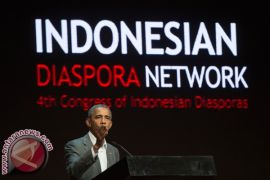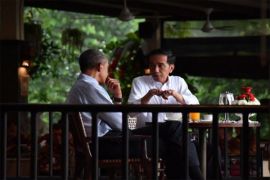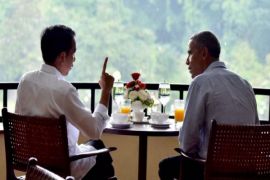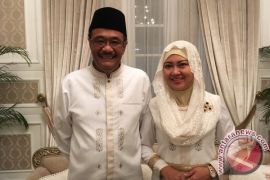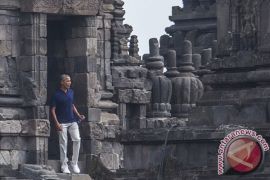The two leaders spoke for an hour by secure video conference amid another spike in tensions between Washington and Kabul and as political intrigue mounts over the size and scope of troop withdrawals Obama has promised for July.
"The president expressed his sorrow over tragic civilian casualties, most recently in Helmand province," White House spokesman Jay Carney said.
"Both leaders noted that the Taliban are responsible for the great majority of civilian losses, and agreed that every loss of civilian life is a tragedy and undermines our mission that focuses on protecting the population."
A furious Karzai last week issued a "last warning" to the US military to avoid "arbitrary and unnecessary" operations that kill civilians, after he said 14 people died in an air strike in Helmand province.
Local officials said the dead included five girls, seven boys and two women.
The International Security Assistance Force put the death toll at nine and apologized, while saying the strike was carried out after insurgents who had earlier killed a US marine hid in a compound and carried on firing.
Western military figures say that hiding among civilians is a regular Taliban tactic when they are being pursued by international forces.
The issue of civilian casualties has long been a bone of political contention between successive US administrations and Karzai, who is struggling to win hearts and minds of Afghans and deprive the Taliban of propaganda wins.
The United Nations says Afghan civilian deaths in the war increased 15 percent to a record high of 2,777 last year. More than three-quarters of the dead were killed in violence blamed on insurgents.
Carney said Obama and Karzai also agreed Wednesday on "their shared commitment to Afghan-led reconciliation, progress on forging an enduring US-Afghan strategic partnership, and transition to Afghan leadership for security."
Obama has not yet decided on the "pace and the scope" of the drawdown, he said, as competing visions of the size of the future US mission in Afghanistan are aired in the US press as Obama deliberates on next steps.
The Pentagon, led by outgoing Defense Secretary Robert Gates, argue that US-led forces are nearing a "decisive blow" against the Taliban, after 10 years of conflict sparked by the September attacks in 2001.
Reports have long suggested that Obama could make a token withdrawal of around 5,000 troops from the 30,000 strong "surge" force that he sent to the country in December 2009. Around 100,000 US troops are in Afghanistan.
But there is increasing disquiet on Capitol Hill and in the US foreign policy community over the cost, in human and financial terms, of the conflict and the chances of forging a functioning Afghan state.
So the president will likely call on his generals to at least present options for larger drawdowns for him to consider.
Doubts about the war were deepened with the publication of a Senate Foreign Relations Committee report which cast grave doubt on the success of the international nation-building effort in Afghanistan.
The report also suggested that the planned departure of all US and international troops from Afghanistan in 2014 could spark an economic collapse in the fragile nation.
Afghanistan has been the top recipient of US aid over the past ten years, with some $18.8 billion flowing from Washington to projects meant to stabilize the war-torn country and win "hearts and minds" from a stubborn insurgency.
Carney disputed parts of the report but said Obama agrees that the need for projects that can outlive the presence of "is an issue."
"That`s why so many of our efforts are focused on building institutions so that Afghans can sustain the progress that has been made over these last several years," he said.
(Uu.B002)
Editor: Priyambodo RH
Copyright © ANTARA 2011
